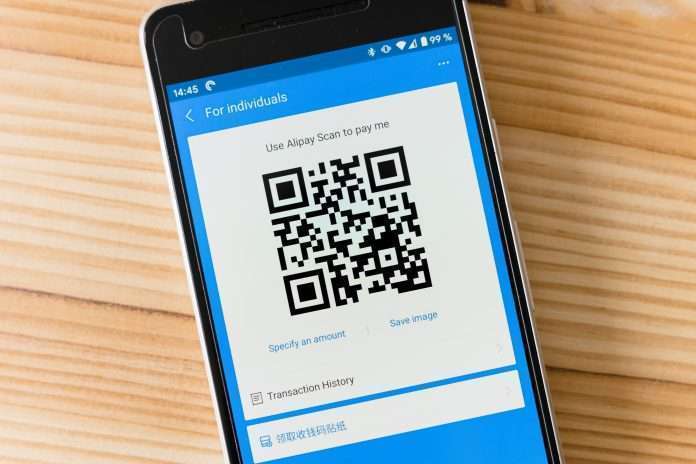In healthcare, precision and efficacy reign supreme. Despite significant technological advancements, challenges such as medication errors, patient safety concerns, and operational inefficiencies persist, posing risks to both individual outcomes and healthcare systems as a whole. Addressing these challenges effectively necessitates innovative solutions, as Scanbot SDK explains.
Barcodes have emerged as indispensable tools in the healthcare sector, offering dual benefits of enhancing patient safety and operational efficiency.
By automating the tracking of medical supplies and equipment, barcodes substantially mitigate human error and streamline manual data entry tasks.
Barcoded Medication Administration (BCMA) ensures accurate medication administration, directly impacting the quality of patient care. Integrating barcode technology into hospital systems presents a strategic and cost-effective approach to tackling prevalent issues in healthcare settings.
The utilisation of barcode scanning in healthcare is witnessing significant growth. A report by Grand View Research projects the global market for 2D barcode readers, valued at 7.32bn in 2022, to experience a compound annual growth rate (CAGR) of 7.0% in the US market from 2023 through 2030. This underscores the escalating demand and potential for barcode technology in healthcare applications.
Mobile barcode scanning plays a pivotal role in enhancing asset management and patient safety within healthcare facilities. By facilitating efficient tracking and management of medical equipment and supplies, barcode technology optimises resource utilisation and reduces operational costs.
Moreover, it ensures accurate patient identification, critical for administering the right medication and care. In high-stakes scenarios like surgery and medication administration, where errors can be detrimental, barcode technology offers a reliable solution.
Implementing smartphone-based barcode scanning in healthcare brings notable benefits in terms of efficiency, safety, and data security. Barcode Scanner SDKs enable healthcare professionals to use smartphones for accurate scanning, accessing patient information and medical data seamlessly.
This technology enhances patient safety by ensuring the accuracy of medication administration and treatment. Furthermore, it adheres to stringent data privacy regulations through offline functionality and encryption, safeguarding patient information.
Various barcode symbologies cater to diverse healthcare needs. GS1 DataMatrix is favoured for pharmaceuticals due to its compact size and high data capacity, ideal for small item identification.
Code 128 finds application in patient identification bracelets and specimen labels, offering versatility in encoding various data types. QR Codes, known for their accessibility, are used for patient information and educational resources. Code 39, valued for its simplicity and readability, is employed for asset labeling and inventory management.
The adoption of new technologies like barcode scanning is instrumental in advancing healthcare services. Scanbot Barcode Scanner SDK, for instance, has significantly improved efficiency for organisations like The Luke Commission.
Integrating the SDK reduced data entry times by 75%, enabling accurate patient data handling and resource allocation. By enhancing accuracy and efficiency, technologies like barcode scanning elevate the standard of healthcare delivery, benefiting patients and healthcare providers alike.
Keep up with all the latest FinTech news here
Copyright © 2024 FinTech Global











